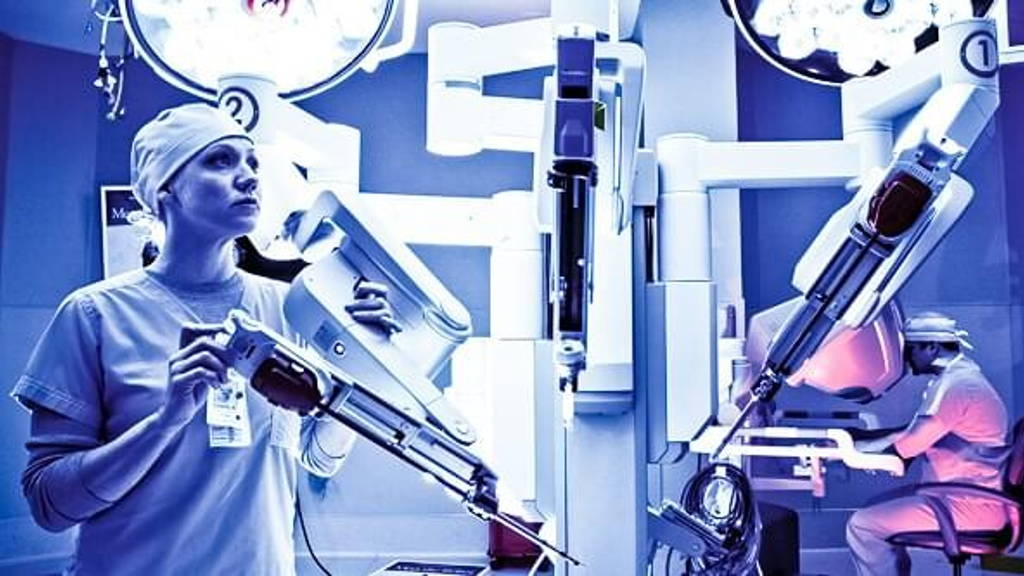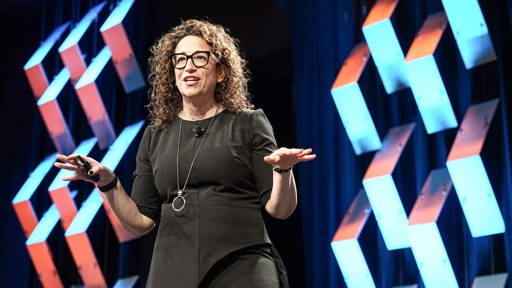Forty-six percent of participants believe that big data will have the greatest impact on healthcare over the next year, followed by 35 percent who believe artificial intelligence (AI) will be a major game-changer. Almost 15 percent say the same about IoT (Internet-of-Things). The percentages then drop fast, with 2.46 percent of all respondents seeing augmentend (AR) and virtual reality (VR) having a big impact and 1.46 saying this about robotics.
Perhaps surprisingly, website healthitanalytics writes, fewer participants see much potential in the technologies underpinning the IoT. Just 8.2 percent chose mobile health apps as their primary area of growth, with 6.56 percent choosing wearable devices.
A reason for this might be that 36.89 percent of participants believe that consumer and patient adoption will be the biggest challenge for the big data industry in the next year. Despite significant ongoing interest in consumer-grade wearables like FitBit and the Apple Watch, providers and patients have both struggled to integrate IoT tools into the clinical decision making process. Also the reliability, security, and speed of IoT data are beeing questioned. Respondents expressed uncertainty about how to ask meaningful questions and get useful replies.
In contrast, just 17.21 percent believe that the development of new technologies will drive healthcare investment decisions. Approximately 22 percent believe that regulatory and policy issues, will sway the investment community.
Download the Silicon Valley Bank Survey here
Interlocking technologies
In many ways technologies like big data and AI interlock. AI tools and platforms (like IBM Watson, Google Deepmind) may have a broad range of applications across the healthcare spectrum, including patient engagement and customer relations, chronic disease management, clinical decision support, and sophisticated big data mining and analytics for diagnostics, population health management, and financial modeling.Segments that profit
When it comes to segments that will profit the most from te impact of new technoloy, forty-five percent of respondents believe healthcare delivery and IT projects will see the most growth in 2017. Eighteen percent think telemedicine is ripe for a boost in the next twelve months, and 13.93 percent are betting on the growth of biopharma.Perhaps surprisingly, website healthitanalytics writes, fewer participants see much potential in the technologies underpinning the IoT. Just 8.2 percent chose mobile health apps as their primary area of growth, with 6.56 percent choosing wearable devices.
A reason for this might be that 36.89 percent of participants believe that consumer and patient adoption will be the biggest challenge for the big data industry in the next year. Despite significant ongoing interest in consumer-grade wearables like FitBit and the Apple Watch, providers and patients have both struggled to integrate IoT tools into the clinical decision making process. Also the reliability, security, and speed of IoT data are beeing questioned. Respondents expressed uncertainty about how to ask meaningful questions and get useful replies.
Proven versus unproven
So instead of betting on – at least in healthcare relatively unproven technologies like wearables and the broader IoT, respondents to the Silicon Valley Bank survey name Technologies that have proven themselves already. Over a third of participants said that promising big data tools are likely to bear fruit for during 2017, and will have the largest impact on how investors divvy up their available funds.In contrast, just 17.21 percent believe that the development of new technologies will drive healthcare investment decisions. Approximately 22 percent believe that regulatory and policy issues, will sway the investment community.
Download the Silicon Valley Bank Survey here








